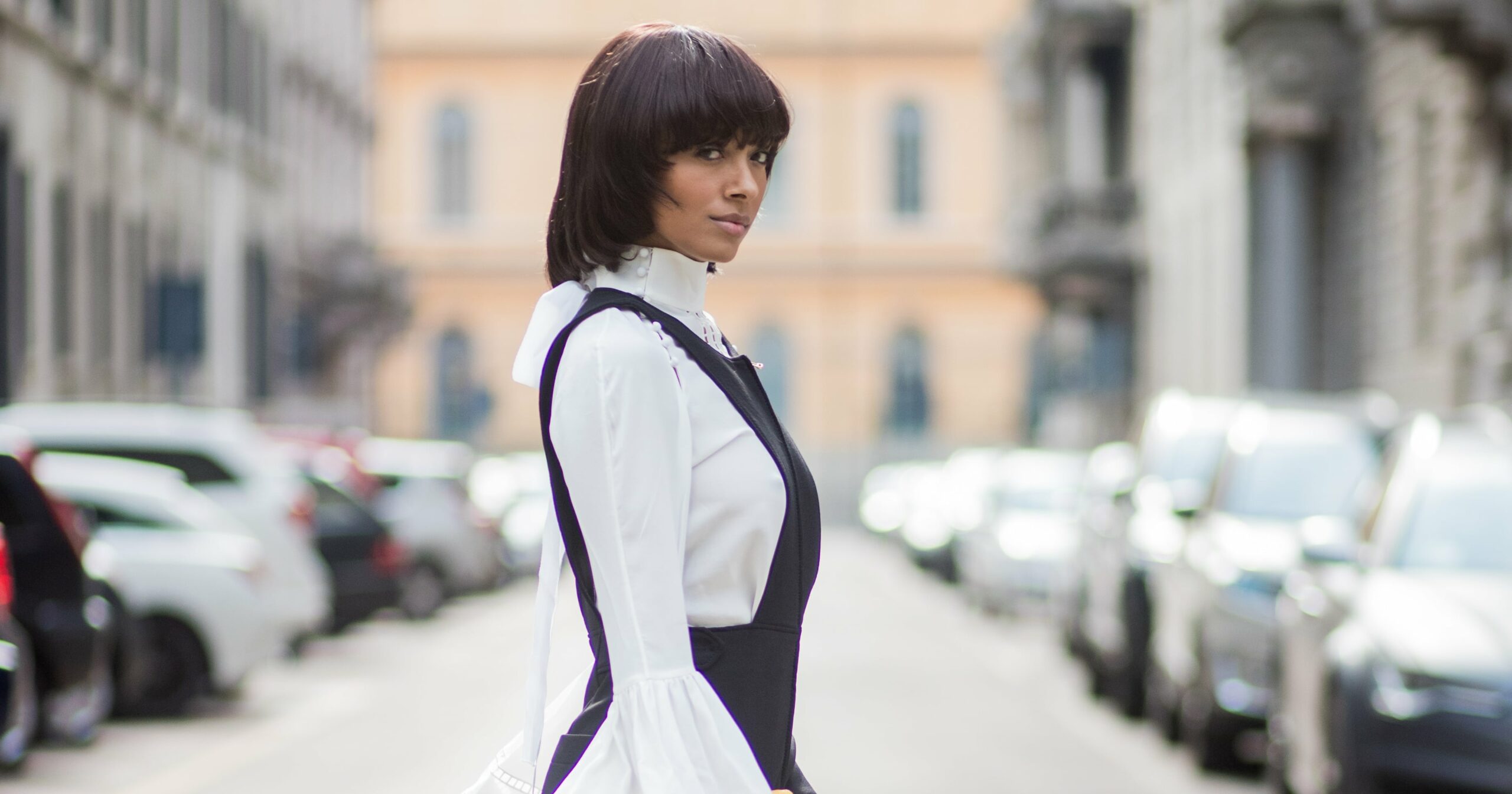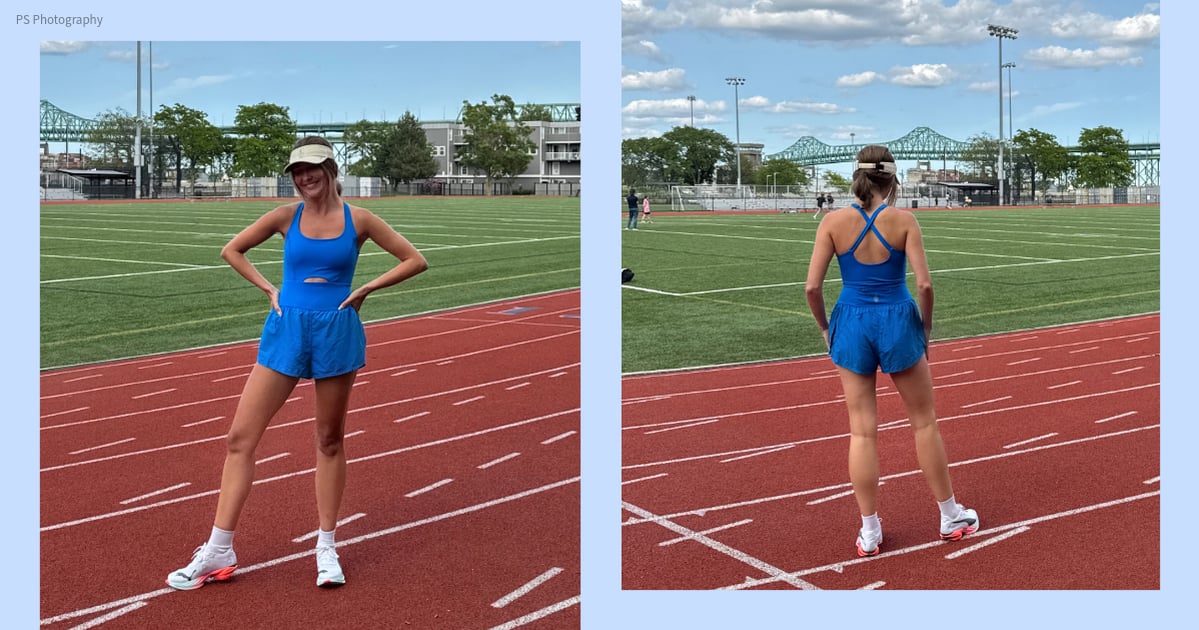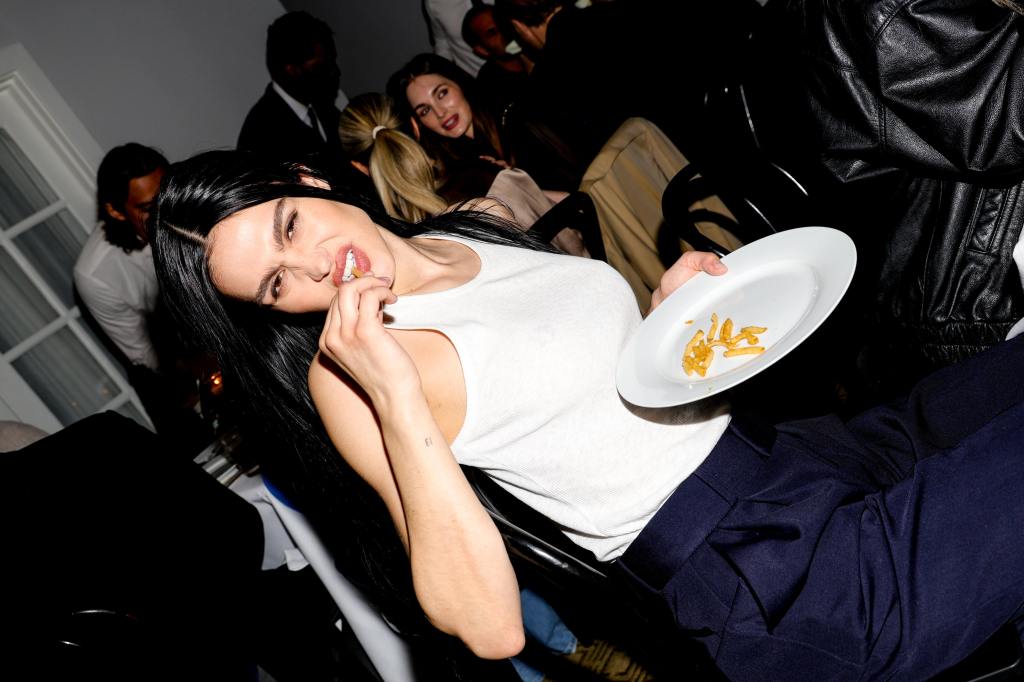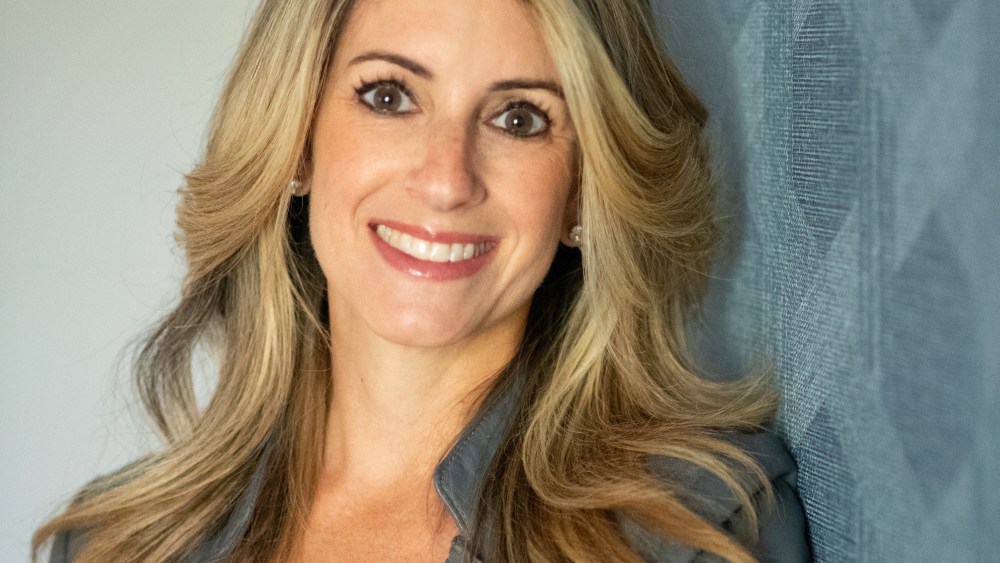Haircuts like the bob and shag will never go out of style, but sometimes, it’s fun to shake things up a bit with a more out-there – and dare we say controversial – haircut. The “octopus” and “jellyfish” hairstyles are both solid options, but we’d like to make a case for the modern page cut. Formerly more widely known as the “pageboy” cut, this ultra-short, sleek style is primed and ready to take over in the upcoming season.
If you’re scratching your head wondering what the haircut is, the style is believed to be named after page boys of medieval times who wore a bowl cut-esque style, but fear not – it’s come a long way since then. The trend was repopularized in the ’70s and ’80s, before falling out of favor once again. Now, it’s been rebranded as the page cut – and back and better than ever.
To learn more about the modern-day pageboy cut, keep scrolling as two professional hairstylists break it down.
Experts Featured in This Article
Andrew Zumbo is a hairstylist and American Crew brand ambassador.
Ilham Mestour is a hairstylist and artistic director of Balmain Hair.
What Is the Pageboy Cut?
So what exactly is the page cut aside from a hairstyle worn by little kids in the 1400s? “It’s characterized by its straight, blunt-cut, shoulder-length or slightly shorter hair, often with blunt bangs,” hairstylist Andrew Zumbo tells PS.
It’s best known for its smooth, rounded shape but since getting a little upgrade, the style has been softened just a touch, making it a lot more wearable. “It is a sleek and geometric cut that is tailored to the individual’s specific hair type and face shape, ensuring a flattering and polished look,” says Ilham Mestour, hairstylist and artistic director of Balmain Hair. “One of the key factors that contribute to the enduring popularity of the page bob is its versatility.”
The haircut is suited for all hair types, as long as it’s adapted properly. “Keep in mind that individual preferences and face shapes can also influence how well this haircut suits a person and is worn,” says Zumbo. Mestour adds, “The length, whether it be chin-length or shoulder-length, has a way of complementing and enhancing different features.” For example, she says, “It can soften angular jawlines and add balance to rounder faces.”
While it’s commonly styled sleek and straight, which accents the clean lines and sharp, blunt ends of the cut, it can also be worn on curly and coily hair for extra volume.
Modernizing the Pageboy Cut
Though thought to be timeless in its original state, if you want to bring the page cut into the 21st century, there are a few adaptations you can make. This includes playing with layers, bangs, and the overall length. The page cut isn’t too different from your classic bob haircut – the key difference is the rounded, doom-like shape. To put a contemporary spin on the page cut, Zumbo recommends adding “subtle layers to add movement and texture to the hair” or tweaking the bangs. “Instead of traditional straight-across bangs, try a side-swept fringe or curtain bangs for a current, on-trend feel,” he says.
How to Style a Pageboy Cut
At the salon, your hairstylist should be able to tailor the page cut as needed to best suit your hair texture, face shape, and at-home styling routine. How you style your new look at home is entirely up to you. “Depending on the texture, it can be air-dried with minimal effort,” says Mestour. If you want to give it a more polished look, a few passes with a straightener or curling iron will do the trick.
Ahead, keep scrolling to see different modernized takes on the page cut.




